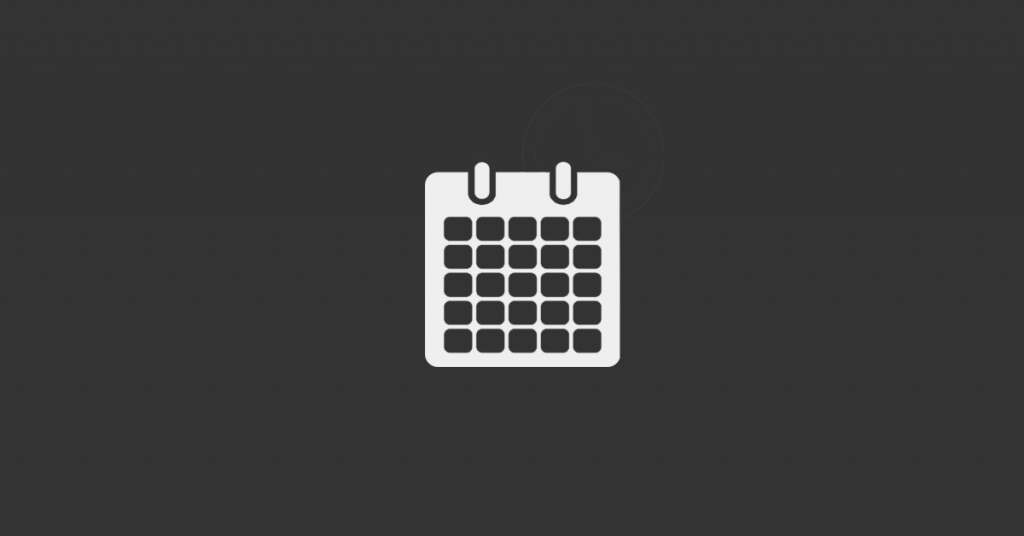If you’re like most Americans, you’ve watched your health insurance costs jump significantly during the past decade. Since 2000, the average American’s health insurance costs have risen by more than double the rate of inflation. This has caused many major companies to scale back or eliminate the health insurance coverage that they’ve traditionally provided for their employees. If your employer still provides you with an attractive health insurance benefit plan, you should consider yourself lucky. In most cases, workers are paying a growing share of their own health insurance costs.
Of course, you’ll almost certainly be on the hook for the cost of your health insurance policy after you leave your current job. Unless you’re able to negotiate ongoing benefits as part of your severance package, you won’t be able to rely on your employer to continue to pay for your health insurance coverage once you’re no longer employed. You probably won’t be able to negotiate such ongoing coverage unless you worked for your employer for decades or held a position of relative importance within the company. Once you quit your job, you’ll probably have health insurance coverage until the end of the month in which your last day of employment falls.

Can I Reimburse Myself for Health Insurance Costs Through My Company?
Can I Get Continuing Coverage?
Fortunately, you have several options to ensure that you remain eligible for ongoing coverage. The most common of these is COBRA coverage. Enacted in 1986, COBRA is a complex law that requires employers to make group health insurance benefits available to:
- All laid-off employees
- Voluntarily-terminated employees
These benefits are available for at least 18 months from their termination date. Once you leave your job, you can wait up to 60 days before electing to receive COBRA benefits. If you miss this deadline, you’ll lose your opportunity to do so. It’s important to note that you’ll be responsible for paying the full cost of your COBRA coverage.
If you leave your job temporarily, you may be able to continue receiving health insurance benefits until you return. If you’re on maternity or disability leave, your employer is required to continue to provide coverage under the Family and Medical Leave Act. You’ll continue receiving these benefits until a doctor clears you to return to work. However, you’ll become ineligible for continuing benefits after choosing not to return to work once you’re able to do so. Depending upon your employer’s policies, you may actually be on the hook for the health insurance premiums that your employer paid during your leave of absence.
